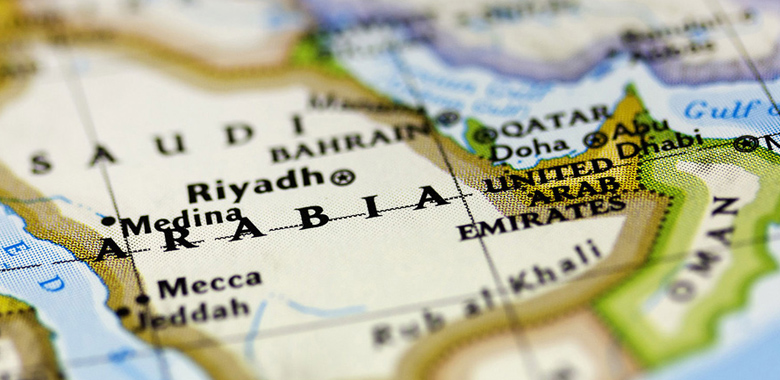The challenge in the GCC regarding nationals’ employment has never been an issue of availability of jobs. In fact, in most countries there are more jobs than national job seekers (by far). However, when it comes to employment, the large majority of GCC nationals work in the public sector. Put simply, they prefer public sector jobs usually because of higher pay, less working hours, and much higher job security…
Author: thc_administrator
Since the Arab uprisings began in 2010, all six Gulf Cooperation Council (GCC) states have been preoccupied with internal economic and social issues and reform. They have also been more visibly engage in projecting power beyond their borders. However, when Saudi Arabia, Qatar, Bahrain, Kuwait and to a lesser extent Oman projected power abroad, they are driven by their own domestic challenges rather than by a Gulf consensus. Consequently, GCC countries have adopted contradictory projects in most Arab countries such as…
The Center’s senior fellows reflect on the events of 2016 that will leave an enduring mark on inclusion and economic growth. The US Election, Brexit and the populist wave 2016, like no other year in recent memory, brought to the surface the reality that far too many people are being left behind in the global economy. The U.S. presidential election, the Brexit vote, and the shifting winds on trade…
Throughout history, regional governance was based on nation states working together for their mutual security and prosperity. But the world is changing fast. Dr Yasar Jarrar, Visiting Fellow, Mastercard Center for Inclusive Growth, United Arab Emirates, and senior partner, THC (Dubai) and a member of the Global Future Council on Regional Governance….
With many of its media, analysts and public figures predicting and endorsing a US presidential victory for Democratic Party candidate Hillary Clinton, the win by Republican candidate Donald Trump shocked Arab countries.
When the UK announced its intention to leave the EU, many questions were raised in the region about the potential impact this will have – especially in light of the strong, and historic, relations between the GCC and UK. More specifically, GCC governments, businesses, and investors outlined three major concerns




